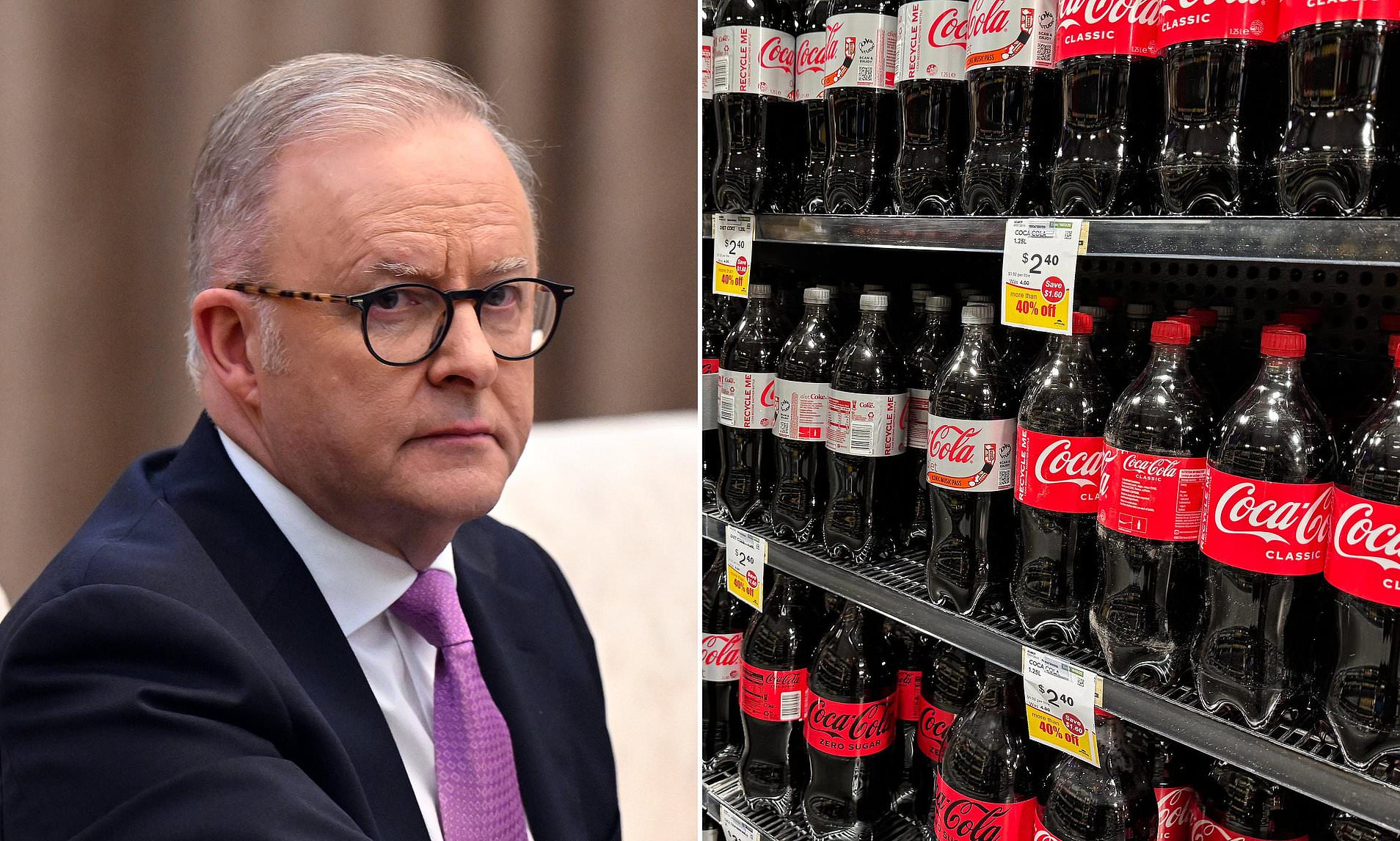
Growing Momentum for a Sugar Tax in Australia
The push to introduce a tax on sugary drinks is gaining traction, with health experts and medical professionals advocating for such measures as a way to combat rising obesity and diabetes rates. The Australian Medical Association (AMA) has recently proposed a new tax aimed at reducing the consumption of sugar-laden beverages, including soft drinks, sweetened juices, and cordials.
According to the AMA’s latest recommendations, a tax of 50 cents per 100 grams of added sugar would be imposed on these products. This means that a standard 375mL can of regular Coca-Cola, which contains approximately 39.8g of sugar, would incur a tax of around 19.9 cents. Similarly, a 600mL bottle of Berry Ice Powerade with 34.8g of sugar would face a levy of 17.8 cents. Such a policy could generate significant revenue for the government while also encouraging manufacturers to reduce the sugar content in their products.
Macarthur MP Michael Freelander, who is also a practicing pediatrician, supports the idea of implementing this tax alongside broader public education campaigns about the dangers of excessive sugar intake. He believes that the tax could serve as a powerful incentive for beverage companies to reformulate their products and make healthier choices more accessible to consumers.
Despite the growing support from various sectors, the Labor Party has not shown interest in pursuing this initiative. Instead, the party has opted for alternative strategies, such as introducing front-of-pack labeling on sugary items and working directly with food manufacturers to reduce sugar content in their products. Health Minister Mark Butler emphasized that the current government does not have plans for a sugar tax and is focusing on education and collaboration with industry stakeholders.
The potential benefits of a sugar tax are supported by economic analyses. A 2024 report from the Parliamentary Budget Office estimated that a 20% tax on sugar-sweetened beverages could generate over $1.3 billion in additional revenue within two years. Dr Freelander, who requested the costings to build support for the proposal, stressed the importance of pilot programs before any large-scale implementation.
In addition to the tax, Dr Freelander has suggested changes to urban planning to promote healthier lifestyles. These include making it easier for children to walk to school and increasing access to nutritious food options while limiting the availability of fast food outlets. Such measures, combined with the sugar tax, could significantly improve public health outcomes.
AMA Vice President Julian Rait echoed these sentiments, stating that the proposed measures would provide the best chance to reduce obesity and chronic disease rates. He noted that the tax could lead to a reduction in sugar consumption by up to 2kg per person and generate $3.6 billion in savings. These funds could then be reinvested into preventive health initiatives.
Rait also highlighted the importance of reducing sugar intake, particularly for individuals at risk of developing type 2 diabetes. He pointed out that even small changes, such as choosing water over soft drinks, could have a profound impact on long-term health. Recent revelations about increased sugar content in popular beverages like Fanta further underscore the need for action.
While the debate over a sugar tax continues, the focus remains on finding effective ways to address the growing public health crisis. Whether through taxation, education, or policy reforms, the goal is clear: to create a healthier future for Australians.


Posting Komentar